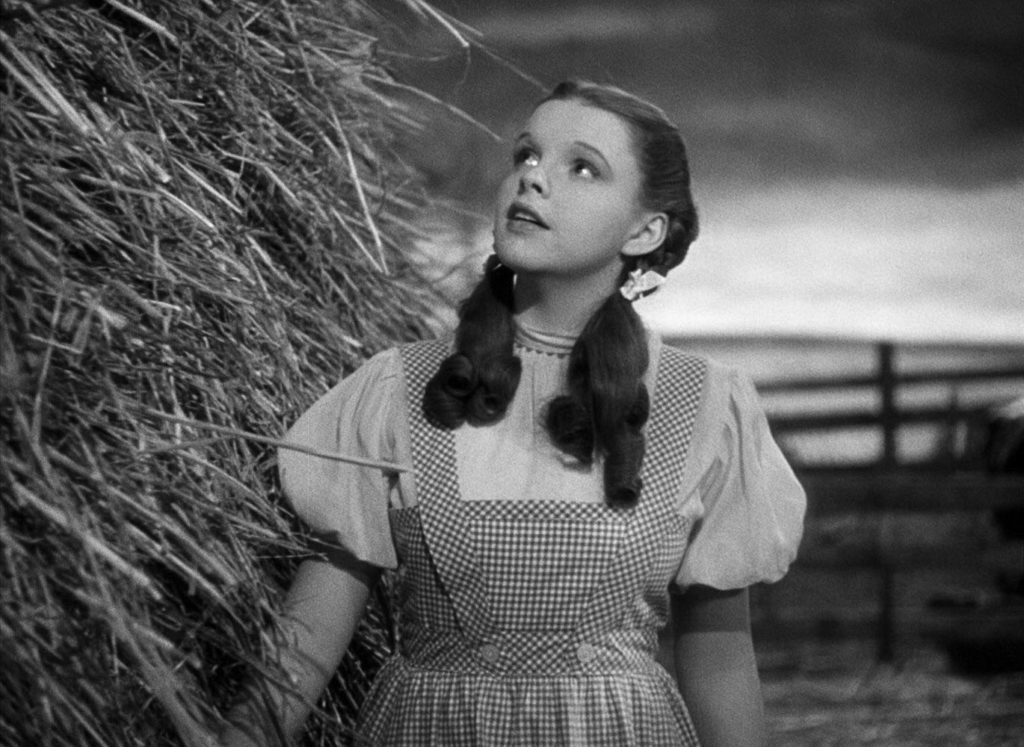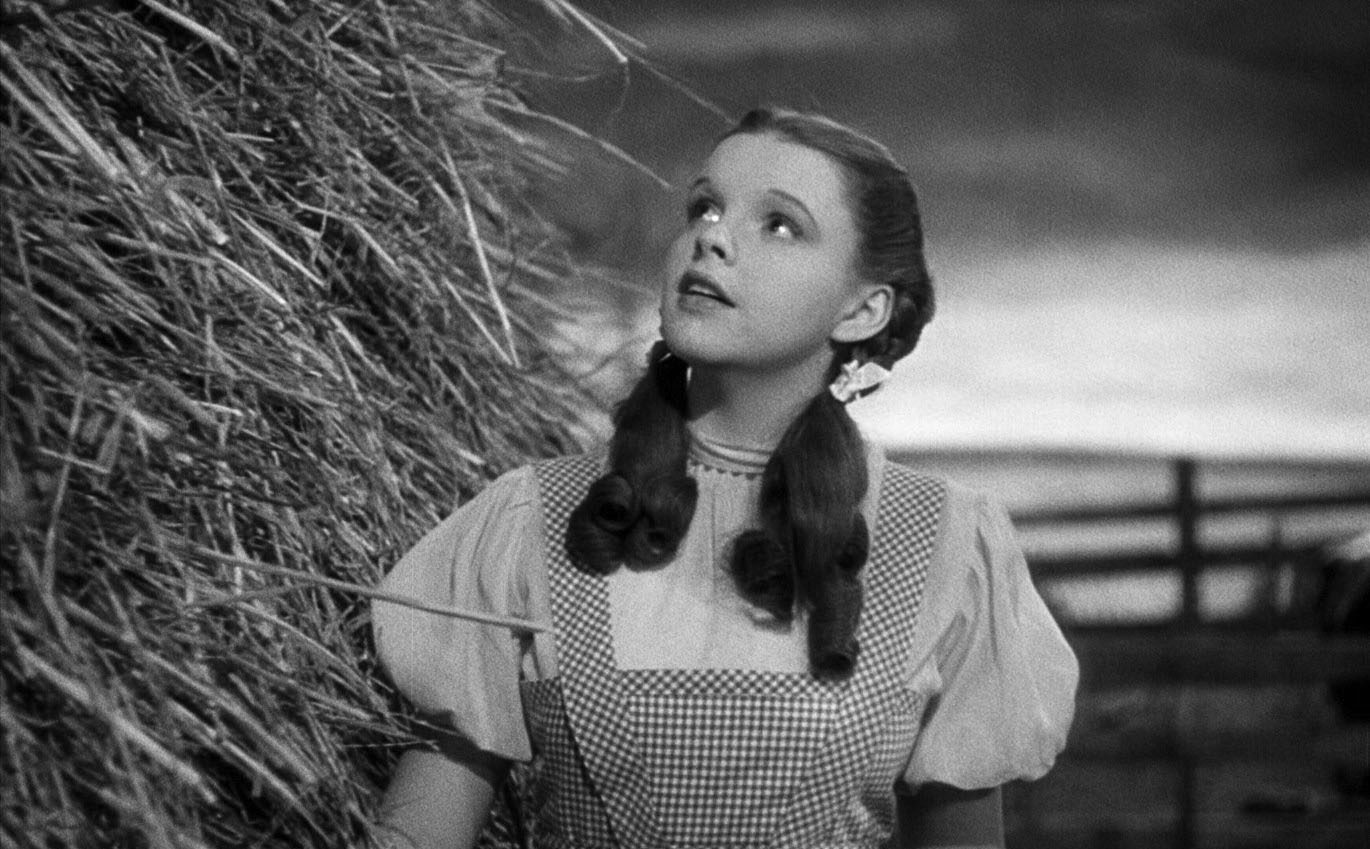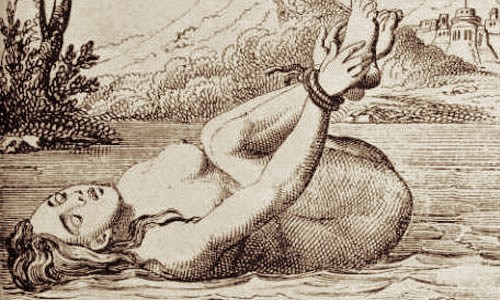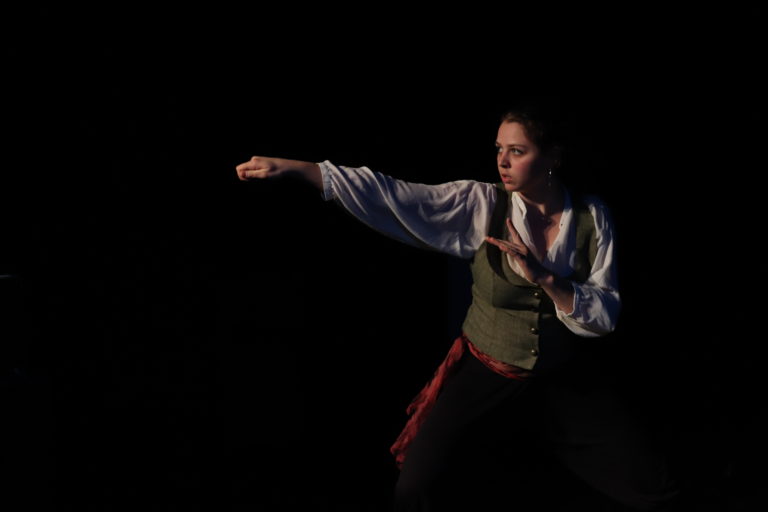Judy Garland
Last night my mom and I watched Judy, a biopic of Judy Garland starring Renée Zellweger. The film covers her life during her early years at MGM and her tour in London about 6 months before she died in 1969 at the age of 47.
The film opens with Louis B. Mayer lecturing a young Judy Garland about how lucky she is to be on the set of The Wizard of Oz and how many girls can only dream of being in her place. He threatens her that the life of a simple housewife is just on the other side of the studio gates, if she doesn’t want this.
It then cuts to an older Judy with her children, Lorna and Joey Luft, in tow. They perform as a family for a small crowd in a dingy night club for $150. When they return to their hotel, they are informed that their room has been released and that they’ll have to go elsewhere.

Judy is going to take them to another hotel, but Lorna asks if she will take them to their dad, Sidney Luft’s, home instead. He lectures her about how the kids need a steady home and then makes it very clear that she is not welcome there. She is left adrift to figure out how to build a home of her own.
Judy Garland was frequently left adrift.
When I was in the 8th grade, I did a project on Judy Garland’s life. The Wizard of Oz had been one of my favorite movies as a child, and I had recently rediscovered Judy Garland in her films with Gene Kelly: For Me and My Gal (1942), The Pirate (1948), and Summer Stock (1950), her last film with MGM.
During my research for this project, I learned for the first time her history with drugs and alcohol. Her time at MGM was laden with cocktails of amphetamines and barbiturates. They were used to pick her up and put her down at will during her 18+ hour days at the studio. She was also starved to bring down her weight and keep it that way. It is heartbreaking to see her plump and healthy face in Everybody Sing in 1938 and her drastically slimmer one in The Wizard of Oz in 1939.


She was controlled not only by the studio, but also by her abusive mother, who got Judy and her older sisters into vaudeville when Judy was just 2 years old. She completely exploited them. Once Judy signed with MGM, she took control of all of her money, mishandling it at every turn. Judy was given no choice but to keep performing.
She made 27 pictures for MGM between the years of 1936 and 1950.
These years of neglect, domination, and abuse during her formative years left permanent scars on Judy Garland. She became addicted to the drugs that she was fed and began using alcohol on top of that. She developed a reputation for being unreliable and unruly on set. But when she was “on” she was spectacular so they kept pushing her along. Her personal struggles made no difference as long as she could keep making the studio money.
This is echoed in the movie when she has been on a bender but has to go onstage for her show. Rosalyn Wilder, her assistant, has to get her dressed and physically escort her to the wings. It is only opening night and she is already falling apart.

She wows the crowd on the first night, but rapidly declines in lucidity as she spirals further into drug abuse. This culminates in her falling down onstage during one performance and being subsequently fired from the show. She returns for one last performance, where she sings a heartbreaking rendition of “Somewhere Over the Rainbow,” certainly based on this clip:
Judy Garland said, “I believe in the idea of the rainbow. And I’ve spent my entire life trying to get over it.”
I believe that Judy Garland was the sun whose light refracted out and created the rainbow. She made the magic, at a great personal cost to her own well-being. What I find most tragic about Judy Garland is that she was adored by so many, and yet no one seemed to truly care about her. She was patched up with band-aids, but no one ever tended to the deep wounds that had been carved into her spirit.
She was used up and spit out. After her death, she initially didn’t even have a proper burial service, because no one had paid for it. Her daughter, Liza Minnelli, had to scrape together the funds.
Women are treated with so little care, but praised for all that they do for others.
Judy Garland was a cultural icon. As Louis B. Mayer says in the movie, “You’re the best friend, the girl next door.” She later became a sex symbol. But once she was no longer “culturally fuckable”, she was discarded as the neglectful, addict mom who could barely book a show in the United States. She had to farm herself out to the UK and leave her children behind.
Rather than providing her with a support system and helping care for the mother of their children, her ex-husbands abandoned her and left her to fend for herself. This pattern gets repeated over and over again in our society and has ruined so many lives.
As I wrote about recently in A Historic Moment for Women, 60% of single mothers in this country live in poverty. That is not due to laziness or lack of ambition on the part of mothers; it is due to systemic imbalances that privilege making money over caring for people.
Like Judy Garland, my Grandma Jeri had ambitions of being a star. She tried to force these dreams on my mom, hounding her to sing and pushing her to lose weight. They both ended up with eating disorders.
This vision of stardom as the be-all-end-all has forced many people down destructive life paths. There are very few child stars, for example, who’ve survived the horrors of the industry unscathed or with only minimal damage. People like Britney Spears, Lindsey Lohan, and Miley Cyrus come to mind.
Judy Garland was one of the first.
When I did my project back in 8th grade, I was shocked to learn the dark truth behind the light that was Judy Garland. But coming back to her story over a decade later, there is even more to unpack. I have experienced firsthand the uprooting that comes with divorce; I have seen my own childhood idols turn down destructive paths; and I have seen brilliant stars like Michael Jackson, Whitney Houston, Robin Williams, and Prince inadvertently or intentionally take their own lives and snuff out the light that they provided the world.
These losses are tragedies. Not just for the gifts that are abruptly snatched away from the public, but more importantly for these humans’ lives that were filled with so much pain and suffering that they felt they had to numb themselves or end it all completely.
We, as a society, should provide better care to those that we profess our love for.
Judy Garland once said, “If I am a legend, then why am I so lonely?” It is not enough to only say you love someone, you have to show it through your actions. My vision of the world is one with far less greed and far more care. If we took the time to care for people in the way that everyone deserves to be cared for, wellness would grow exponentially. I will continue to hold onto that vision until it becomes reality. That is my “somewhere over the rainbow.”







